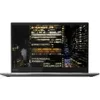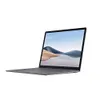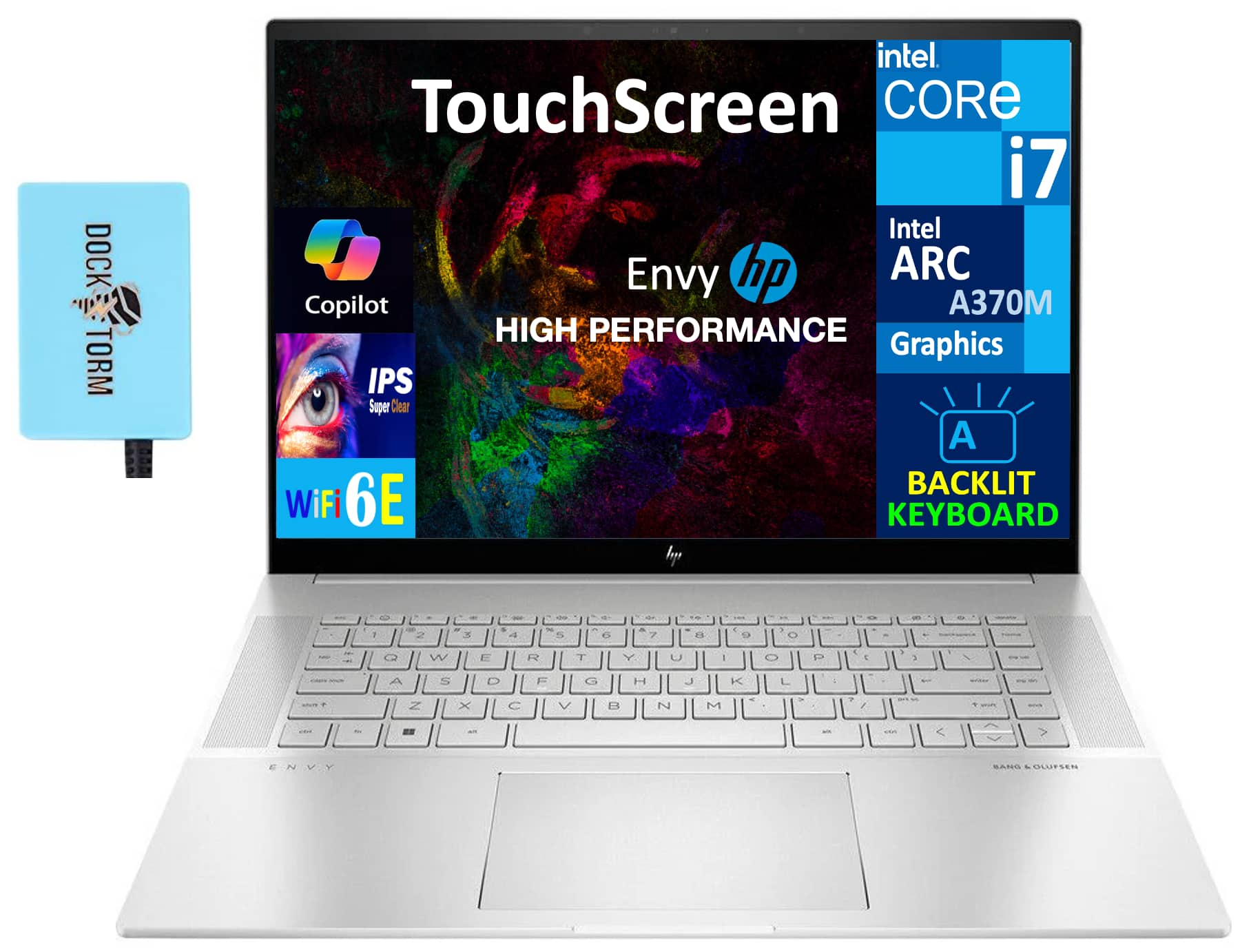Steam on Chromebooks is a joke — 5 reasons it hasn't gotten an official release
Google and Valve must be pulling their hair out
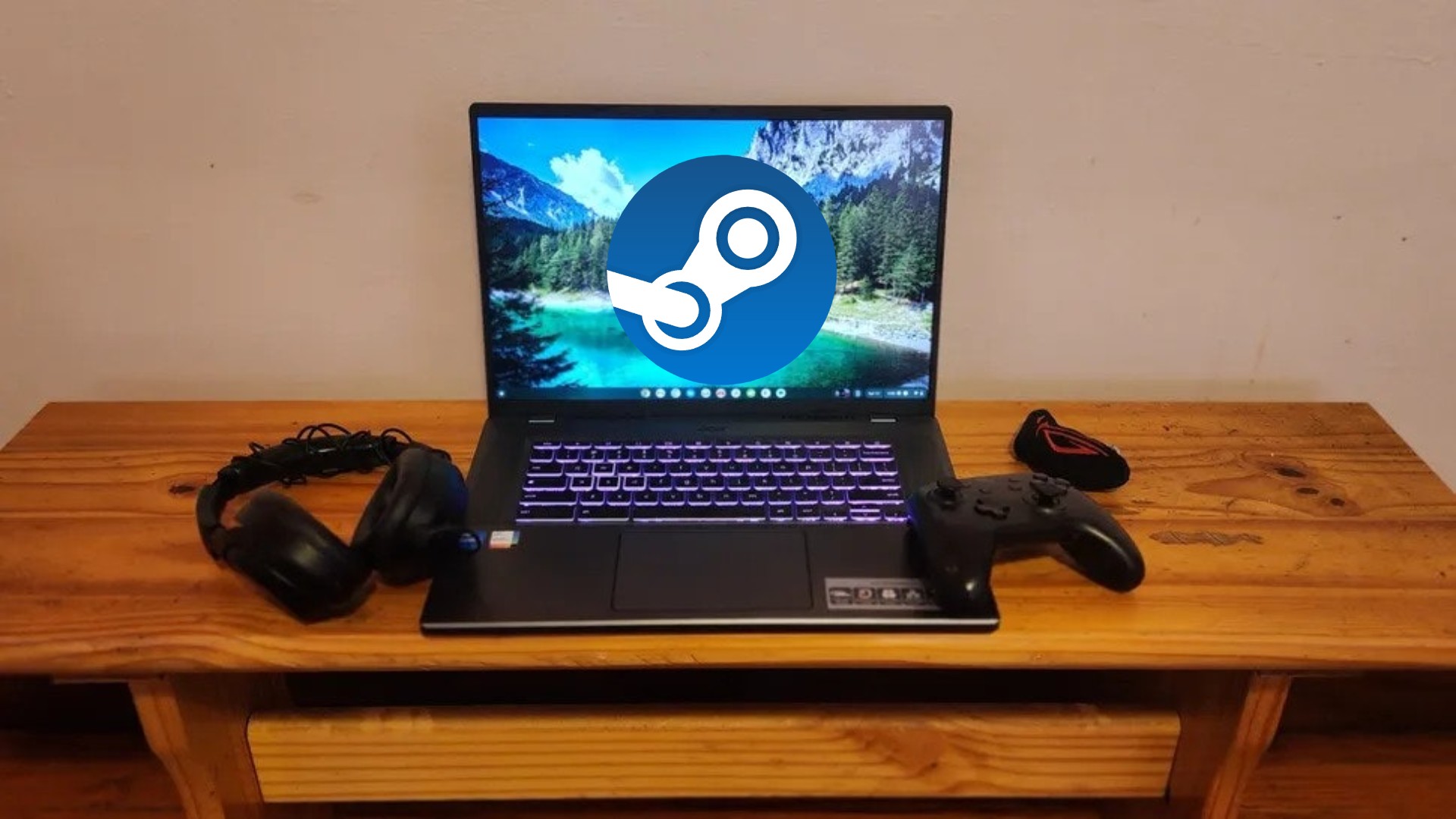
Sign up to receive The Snapshot, a free special dispatch from Laptop Mag, in your inbox.
You are now subscribed
Your newsletter sign-up was successful
Chromebooks are the vegans of laptops. They're lean and light machines that are designed for users with simplistic, Google-based workflows: browsing Chrome, checking Gmail, exploring YouTube, and playing Android apps from Google Play.
However, in recent years, there's been a push to force-feed hearty, resource-intensive tasks (e.g., gaming) down ChromeOS' throat. Laptop manufacturers have been trying to make fetch happen with so-called "gaming Chromebooks." For example, I reviewed the world's first gaming Chromebook — the Acer Chromebook 516 GE — earlier this year.
However, "gaming Chromebook" is a bit of a misnomer. "Chromebook optimized for cloud-gaming services" would be a more fitting name; it's just a ChromeOS system that features the best specs for Nvidia GeForce Now and its ilk.
Now when it comes to running games natively on ChromeOS, and I'm talkin' intensive games (not the lil' Subway Surfer games you may like to play), Google has been working on it — and it's been struggling.
How it all began
We first knew about Google's ambitious plans to bring a native Steam client to Chromebooks in 2020 after an interview Android Police.
Last year, Google reiterated those plans at the Google for Games Developer Summit, adding that an alpha-quality version of Steam would be coming to Chrome OS. When the alpha version finally launched, Google announced that it could only support seven Chromebooks.
"Because many games have high performance demands, we’ve focused our efforts thus far on a set of devices where more games can run well," Google said. The search-engine tech giant says that Steam requires at least 8GB of RAM and a Core i5 processor.
Sign up to receive The Snapshot, a free special dispatch from Laptop Mag, in your inbox.
Chromebook users who tested the alpha version, including Nathan Ingraham from Engadget, reported what we expected. Chrome OS handled older, lighter games (e.g., Half-Life 2 and Portal 2) with ease, however, triple-A games are too meaty for such vegan-esque machines. "[2018's God of War] was a totally unplayable slideshow. That's no surprise, though, as God of War calls for either Nvidia's GTX 960 or AMD's R9 290 graphics cards," Ingraham said, who played the title on an Asus Chromebook CX9.
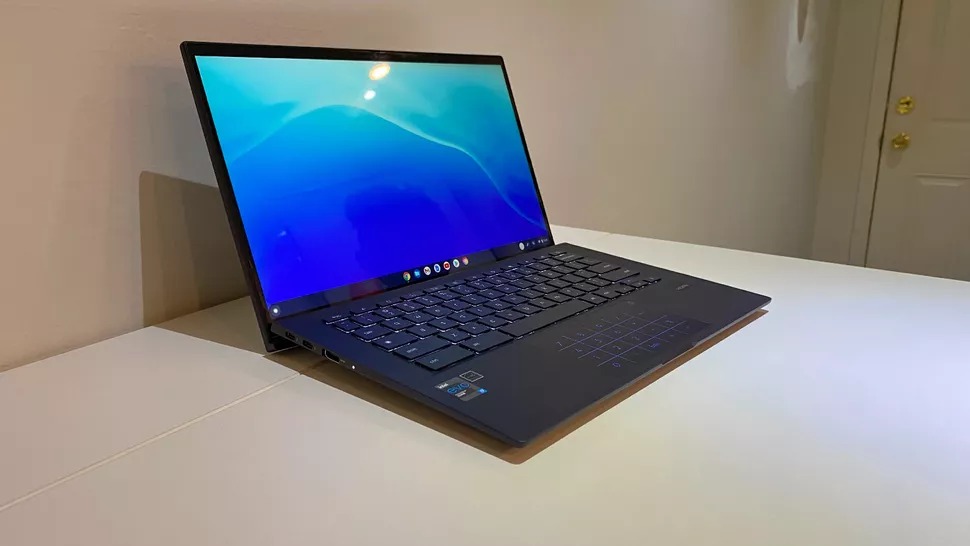
Chromebooks have integrated GPUs that simply don't have adequate power to handle some of the best triple-A PC games. So the solution is, "Let's get some discrete GPUs inside some Chromebooks," right? Not to fast! Nvidia reportedly axed its not-yet-announced plans to bring its dedicated GPUs to Chromebooks.
"It seems like someone within Google or at the PC companies has decided that Chromebooks with dedicated GPUs aren't worth the effort," Ars Technica commented.
Let's dive into the other roadblocks Google has been facing with releasing a native Steam app on Chrome OS.
5 roadblocks to Steam on Chromebooks
It's 2023 and Steam still hasn't upgraded to a stable channel version for Chromebooks. It entered beta in November 2022, but since then, there hasn't been much progress.
On the plus side, Google has made some headway with bringing the Linux-based Steam app to Chrome OS because the operating system is based on Linux, too. However, Steam on ChromeOS is still running into a gaggle of issues. Let's talk about 'em.
1. ChromeOS' Steam app doesn't play nice with external monitors
Don't bother trying to hook up one of the best external monitors with your Chromebook to play games. Users have reported a drop in performance, cursor misalignment, steam notifications blocking one's view, incorrect aspect ratio, game crashing, rendering glitches, and more.
2. Some games only work with 16GB of RAM
If you want to try to play a memory-intensive game on a Chromebook with 8GB of RAM or less, you'll run into some issues. There are a great number games that will crash or perform terribly on such under-powered Chromebooks, so either get yourself a Chrome OS system with 16GB of memory or settle for less RAM-intensive titles.
3. Steam sometimes freezes if the Chromebook goes into sleep mode
Imagine taking a break to make yourself a sandwich before coming back to your Chromebook to wake it up. When you try to exit sleep mode, you notice that your game is no longer responding. Yikes! If you didn't save your game, that means you'll have some lost progress and you'll have to restart the Steam app and the game.
4. First few minutes of gameplay is poor
For some titles, users have reported poor gameplay within the first few minutes as the title renders shaders. However, after some time, the performance increases to a reasonable level. This has been particularly an issue with Grand Theft Auto V and Dota 2.
5. Games with anti-cheat do not work properly
Games with anti-cheat software often found in multiplayer games don't work properly on Steam for Chromebooks, including Elden Ring, Brawlhalla and Arma 3. Users are reporting launch fails, crashing, or hanging.
Bottom line
With Nvidia backing out of the Chromebook GPU game, Google's struggles with Steam seem insurmountable. However, as it stands now, it looks like you can still enjoy some light Chromebook gaming with Steam's casual games.
Just make sure you have a Chromebook with minimum of 16GB of RAM. And don't use an external display. Oh, and don't download games with anti-cheat software. And try to preventing your Chromebook from entering sleep mode. With these tips, you should be juuuust fine.
Kimberly Gedeon, holding a Master's degree in International Journalism, launched her career as a journalist for MadameNoire's business beat in 2013. She loved translating stuffy stories about the economy, personal finance and investing into digestible, easy-to-understand, entertaining stories for young women of color. During her time on the business beat, she discovered her passion for tech as she dove into articles about tech entrepreneurship, the Consumer Electronics Show (CES) and the latest tablets. After eight years of freelancing, dabbling in a myriad of beats, she's finally found a home at Laptop Mag that accepts her as the crypto-addicted, virtual reality-loving, investing-focused, tech-fascinated nerd she is. Woot!




